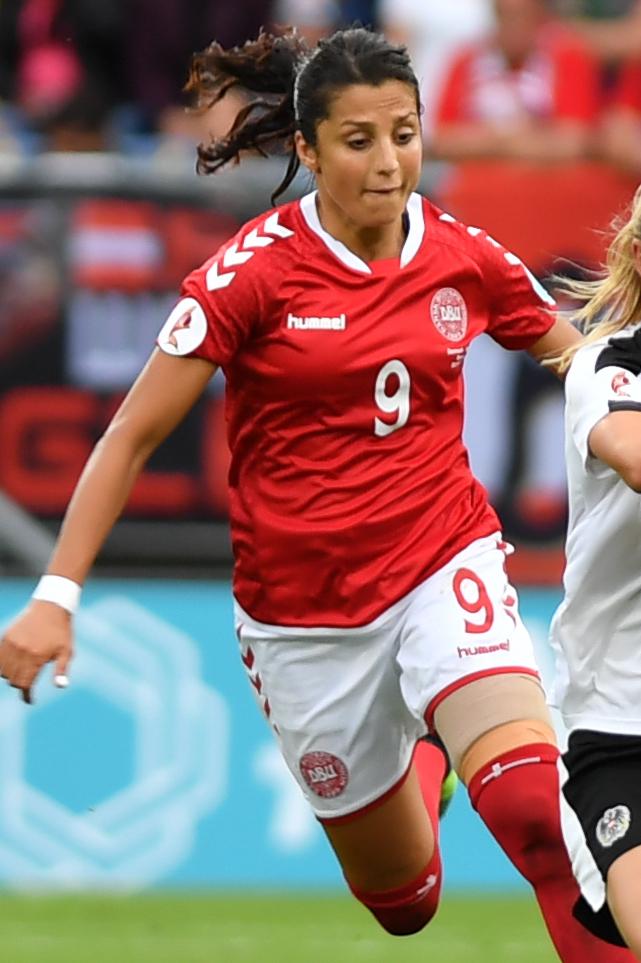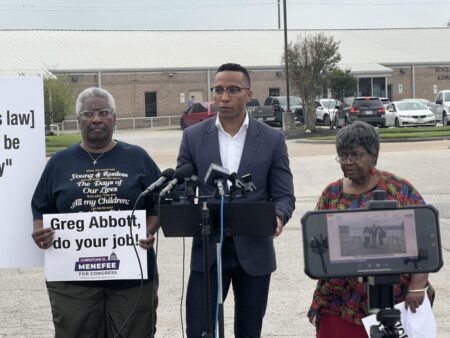Resilient Afghan Women Soccer Players Forge New Paths in Houston
From Conflict to Opportunity: The Journey of Afghan Women Athletes
Following the Taliban’s return to power in Afghanistan, a courageous group of Afghan women soccer players fled their homeland to escape oppression and danger. Now safely settled in Houston, Texas, these athletes are not only rebuilding their lives but also reigniting their passion for soccer in a welcoming environment far removed from the instability they once faced. Their story is one of perseverance, illustrating how sport can serve as a beacon of hope and empowerment amid adversity.
Rebuilding Lives Through Soccer and Community Support
Upon arriving in Houston, these women encountered a city eager to embrace and support them. Local organizations and soccer clubs have played a vital role in facilitating their transition, offering programs that blend cultural acclimation with athletic development. These initiatives include:
- Language and cultural education to help ease social integration and daily communication.
- Access to competitive soccer leagues and coaching to maintain and enhance their athletic abilities.
- Community engagement activities designed to raise awareness about refugee experiences and foster empathy.
| Support Focus | Programs Offered | Outcomes |
|---|---|---|
| Education | English language courses and mentorship | Boosted confidence and communication skills |
| Sports | Participation in local soccer leagues | Improved athletic performance and visibility |
| Community | Cultural storytelling and events | Enhanced public support and cultural exchange |
Healing Through Teamwork and Community Bonds
For these women, soccer has become more than just a sport—it is a vital source of healing and empowerment. Each game and practice session helps them reclaim control over their lives, fostering a strong sense of unity and belonging. Their shared experiences of hardship have created deep connections that transcend language and cultural differences, reinforcing their resilience.
Houston’s community has been instrumental in this healing process, offering comprehensive support that extends beyond the soccer field. This includes:
- Mentorship programs pairing newcomers with seasoned local athletes to provide guidance and friendship.
- Fundraising efforts to alleviate financial burdens related to training and living costs.
- Cultural exchange workshops that promote mutual understanding and respect.
- Access to trauma-informed counseling tailored to the unique needs of refugee survivors.
Adapting to a New Culture: Obstacles and Triumphs
Relocating to Houston presented significant cultural and social challenges for these athletes. Navigating a new language, unfamiliar customs, and different educational systems required immense adaptability. Many faced feelings of isolation, compounded by the emotional weight of displacement and separation from family. Key difficulties included:
- Overcoming language barriers that complicated communication with coaches and peers.
- Adjusting to cultural norms that initially led to social exclusion.
- Managing financial hardships that limited access to sports equipment and training facilities.
- Processing emotional trauma stemming from conflict and forced migration.
| Challenge | Effect | Support Provided |
|---|---|---|
| Language Difficulties | Communication gaps with teammates and coaches | Enrollment in ESL classes and volunteer tutoring |
| Cultural Adjustment | Feelings of social isolation and misunderstanding | Community events and mentorship programs |
| Financial Constraints | Limited access to necessary sports gear and facilities | Nonprofit sponsorships and donations |
Empowering Refugee Athletes: Houston’s Role in Inclusion
Houston’s dynamic sports scene offers a promising platform to champion inclusivity and empowerment for refugee athletes, especially women who have endured persecution. By fostering partnerships among local government bodies, nonprofits, and sports organizations, the city can create sustainable programs that provide access to training, competition, and leadership development. Such efforts not only cultivate athletic talent but also promote social integration and resilience within displaced communities.
Effective strategies to support refugee athletes in Houston include:
- Establishing inclusive sports leagues that welcome participants from diverse backgrounds.
- Offering scholarships and grants tailored to refugee athletes and their families.
- Collaborating with schools and community centers to enhance cultural awareness and sensitivity.
- Providing language and skill-building workshops for both athletes and coaches.
- Appointing local ambassadors—former refugee athletes who mentor and inspire newcomers.
| Support Category | Initiative | Result |
|---|---|---|
| Facility Access | Discounted fees and reserved training times | Expanded opportunities for practice and competition |
| Mentorship | Pairing refugees with experienced athletes | Increased confidence and skill development |
| Community Engagement | Multilingual outreach events and campaigns | Improved cultural integration and public support |
Conclusion: A Testament to Courage and Renewal
The Afghan women soccer players now thriving in Houston exemplify the power of resilience and hope in the face of hardship. Their journey from a war-torn country to a supportive community highlights the critical importance of solidarity and comprehensive support systems for refugees. As they continue to pursue their dreams on and off the field, these athletes inspire others with their unwavering determination and serve as living proof that with opportunity and encouragement, displaced individuals can rebuild their futures and enrich their new communities.




